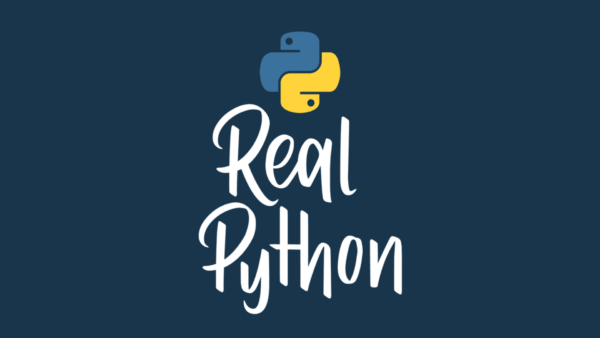
Introducing REPOS: A Platform for Sustainable Open Source Funding
Visit REPOS Now Introducing REPOS: A Platform for Sustainable Open Source Funding Reimbursed Enhancement Proposals for Open Source (REPOS) connects open source developers with sponsors and potential additional contributors to

